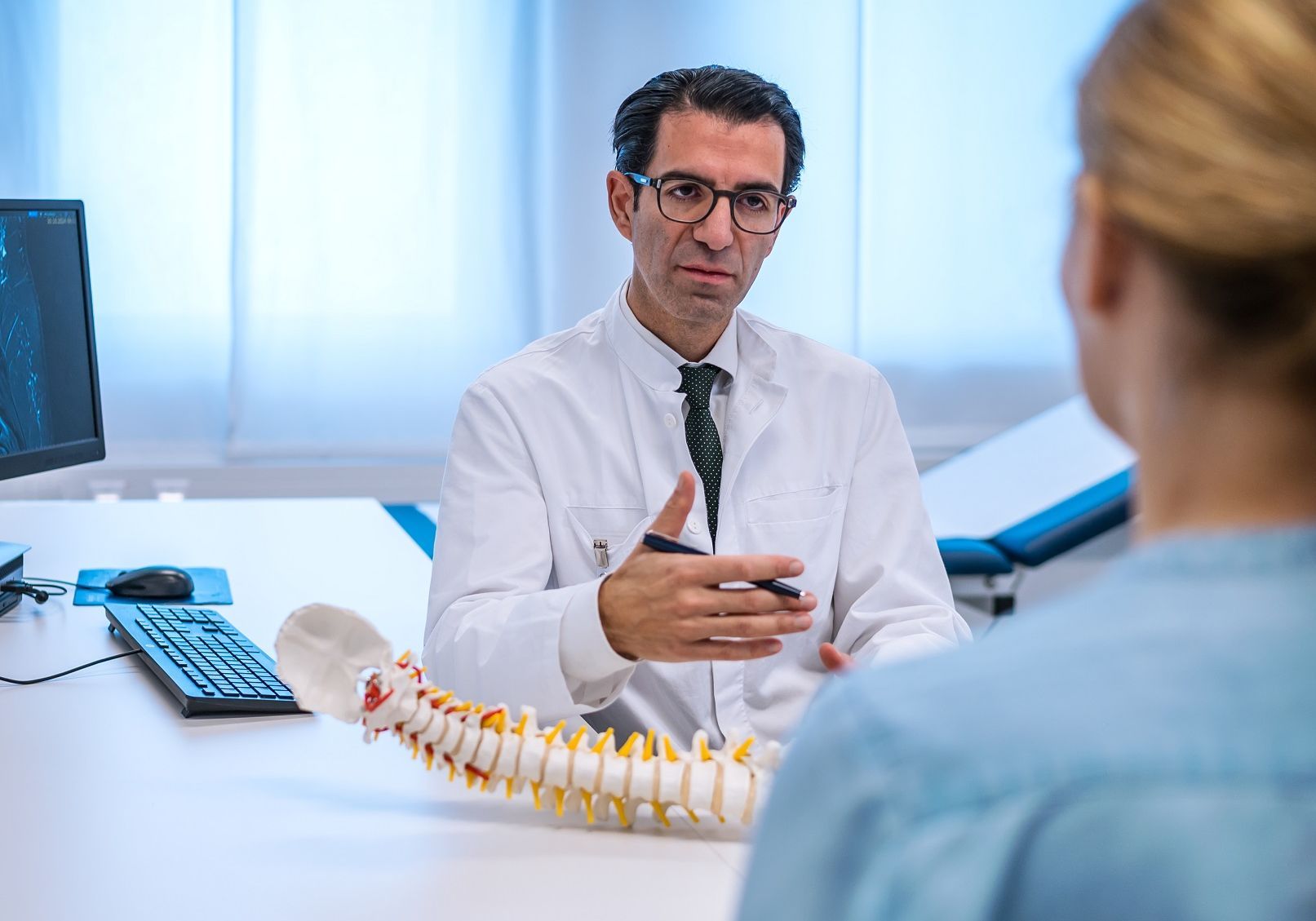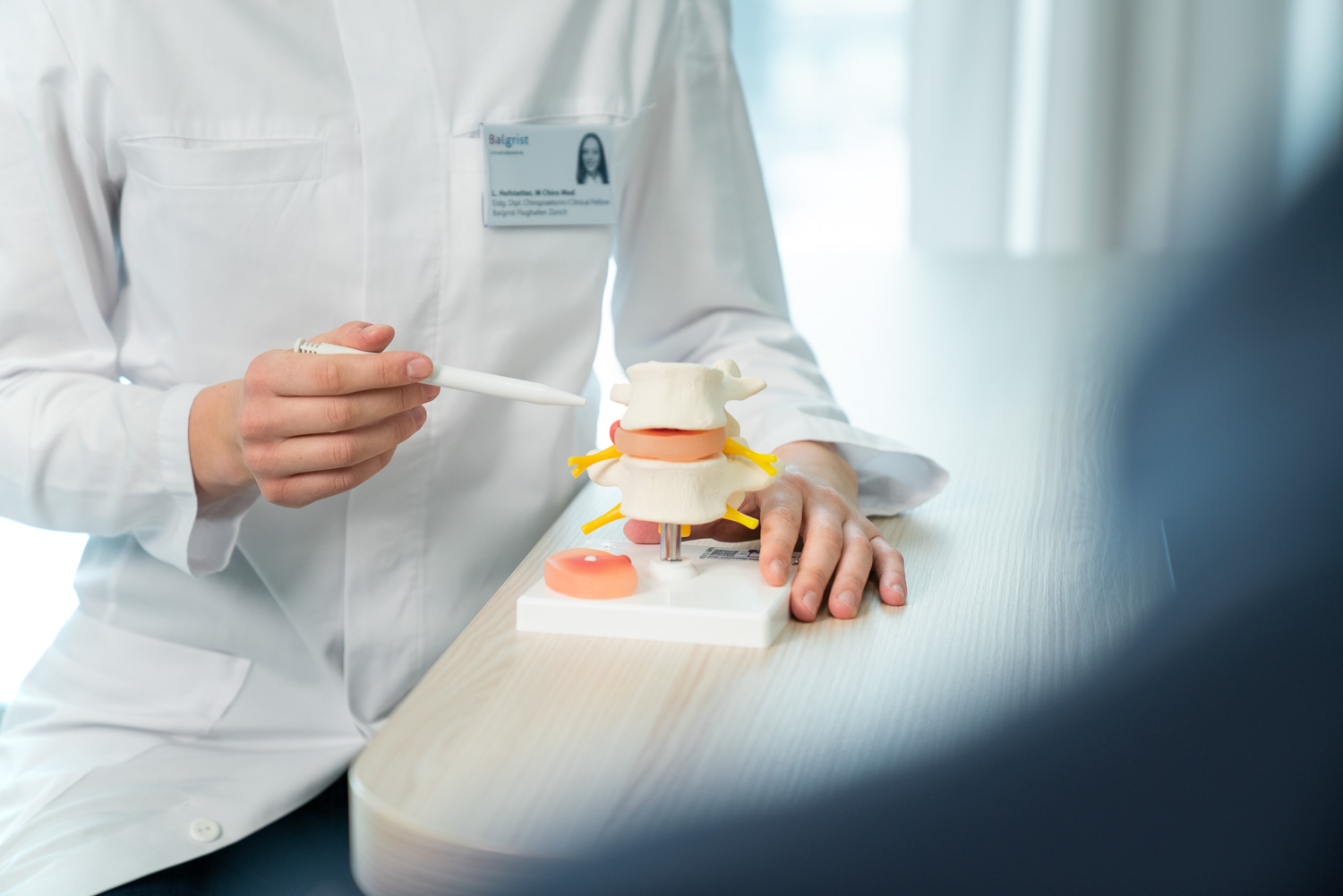FAQs – Frequently asked questions
Here are some of the most frequently asked questions – we hope that the answers will be useful. Our friendly specialist team is here to provide you with additional information.
Why is it important for my documents to arrive at Balgrist in plenty of time, in other words, two days before the appointment for the preliminary examination?
We prepare for the preliminary examination a day beforehand. The documents you send will be integrated into the system and will therefore be available to us by the time we need them.
How should I send the documents?
The law defines sensitive personal data that has to be protected. It includes medical records. So that your patient’s data are protected and transmitted securely, Balgrist University Hospital uses the HIN-standard. Send documents with patient data only via HIN-mail. In this way, you help us to ensure that data are secure and protected.
Why does the patient need an appointment for a preliminary examination anyway?
Every patient is given a full explanation of the possible risks and particular aspects of the hospital stay from the anaesthetist and nursing staff. The team will also ascertain if any specific care is needed. In this way, we can ensure the patient’s safety and the optimal quality of postoperative care.
What happens at the preliminary examination?
The orthopaedic surgeon and the anaesthetist will explain the details of the operation to the patient (risks, possible complications, postoperative care, etc.). Patients should feel confident and safe before the procedure, so it is important that we answer all their questions. Nursing staff will also talk to patients about the most important aspects of their hospital stay, in order to make it as pleasant as possible and provide optimal nursing care.
Which parts of the examination can I do myself?
The general practitioner should carry out or request the relevant laboratory tests, ECG, referrals, echocardiography etc. prior to the preliminary examination (see our preoperative management checklist). Complete lists of all known medical conditions and medications, as well as the GP’s knowledge of the patient, are also extremely helpful in preparing for surgery in the best possible way.
What information is important prior to surgery?
The following information is required: medications prescribed/taken (name and dosage), allergies, any complications that may have arisen from previous anaesthetics, and all known multiresistant pathogens.
When are no additional investigations (lab tests, ECG, chest X-ray) necessary?
Patients up to the age of 65 years undergoing minor surgery (potential blood loss >=500 ml) do not qualify for Patient Blood Management (PDF).


